Need to Bring Back Communal Meals: Why Eating Together Nourishes the Mind and Spirit
I used to think that the magic of meals was all in the food itself; the aroma of slow-cooked onions, the gentle tang of yogurt on the tongue, the comfort of warm bread on a winter day. But the older I get, the more I realize: what transforms an ordinary meal into something unforgettable is not just the food, but the people gathered around it.
In today’s fast-paced world, eating alone has become a silent norm. Work schedules, commutes, and endless to-do lists pull us away from the table and into isolated corners —desks, car seats, or in front of the blue glow of a screen. But science, echoing what our ancestors always knew, tells us that sharing meals holds remarkable power for our minds and spirits.
Meals That Heal Our Minds
When we eat with others, we don’t just share plates; We share stories, laughter, and comfort. Research shows that those who dine socially more often report higher levels of happiness and life satisfaction (Dunbar, 2017; Oxford University News, 2017).
In a large-scale Oxford study, participants who ate meals with others felt a stronger sense of community, trust, and emotional support compared to those who ate alone (Dunbar, 2017). Sharing a meal acts as a kind of social glue, boosting endorphins (our "feel-good" hormones), lowering stress, and cultivating a sense of belonging.
Older adults who transition from solitary to communal dining show measurable improvements in mood and reduced feelings of loneliness (National Geographic, 2023). Even in the busiest moments of life, these small daily rituals can act as protective buffers against depression and anxiety (Utter et al., 2018).
The Family Table as a Safe Haven
For families, the dinner table becomes more than a place to eat; it’s a living classroom and a quiet sanctuary. Children who eat with their families regularly show higher self-esteem, fewer depressive symptoms, and stronger emotional bonds with parents and siblings (Utter et al., 2018).
Research suggests that mealtime conversation is one of the richest sources of vocabulary learning for young children —even surpassing storybook reading (Fishel, 2015). During those informal chats over lentil soup or rice pilaf, children not only learn new words but also absorb the nuances of empathy, patience, and listening.
As children grow into teens, family meals continue to serve as gentle anchors. Adolescents who share frequent family dinners are less likely to engage in risky behaviors such as substance abuse or early sexual activity, and they report stronger parental relationships (National Center on Addiction and Substance Abuse, 2011).
Communal Meals Beyond the Home
These benefits aren’t confined to the family unit. Across cultures —from Anatolian rakı tables to Mediterranean long lunches— communal meals reinforce a collective spirit. In the UK, initiatives like the Big Lunch have shown that shared meals among neighbors can strengthen local bonds, reduce loneliness, and cultivate a deeper sense of belonging (Oxford University News, 2017).
When we look at these shared traditions, whether in Turkey, Italy, or beyond, we see the same truth: meals eaten together become a vessel for love, resilience, and shared humanity.
Why Now?
In an age of endless notifications and digital noise, making space for shared meals might be the simplest, most human act of resistance. It is not about perfection or extravagant dishes; it is about connection, presence, and a return to rhythms that once guided us so naturally.
At Fairies' Cuisine, we have always championed food as more than sustenance. It is a bridge to each other and to the past — much like the ancestral practices we explored in our posts on The Timeless Wisdom of Mothers and The Art and Heart of Seasonal Preservation.
If you’re curious about the physical health benefits of communal meals, don’t miss our companion article, Why Eating Together Is Good for Your Body, Too.
Until then, perhaps tonight you can light a candle, set an extra plate, and rediscover the quiet joy of breaking bread together.
References
Dunbar, R. I. M. (2017). Breaking bread: The functions of social eating. Adaptive Human Behavior and Physiology, 3(3), 198–211. https://doi.org/10.1007/s40750-017-0061-4
Fishel, A. K. (2015). Science says: Eat with your kids. The Conversation. Retrieved from https://theconversation.com/science-says-eat-with-your-kids-34573
National Center on Addiction and Substance Abuse at Columbia University. (2011). The importance of family dinners VII. Retrieved from https://www.fmi.org/docs/default-source/familymeals/2012924familydinnersviii.pdf?sfvrsn=967c676e_2
National Geographic. (2023). Sharing a meal with friends and family could be the key to better mental health. Retrieved from https://www.nationalgeographic.com
Oxford University News. (2017). Social eating helps connect communities. Retrieved from https://www.ox.ac.uk/news/2017-03-16-social-eating-connects-communities

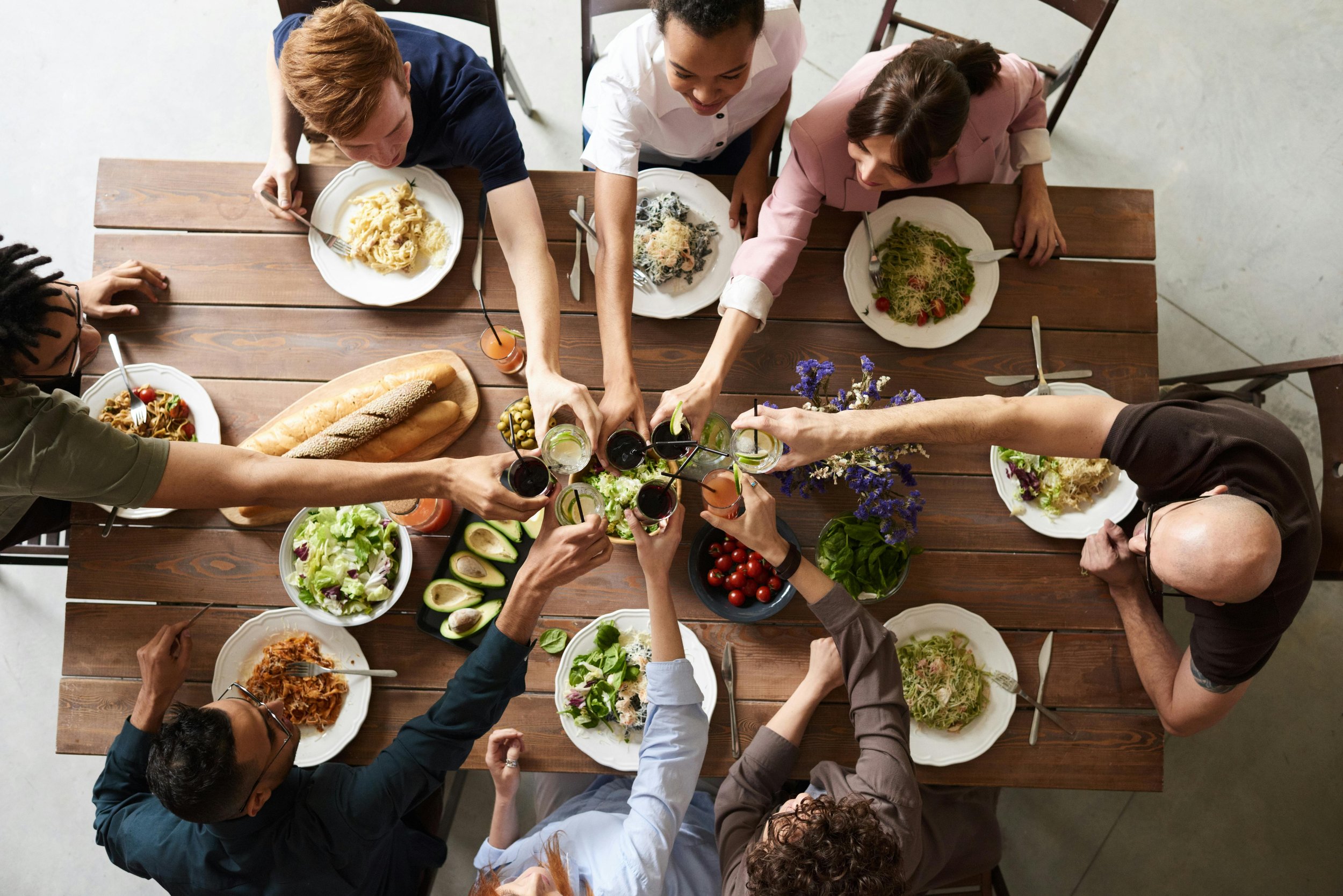

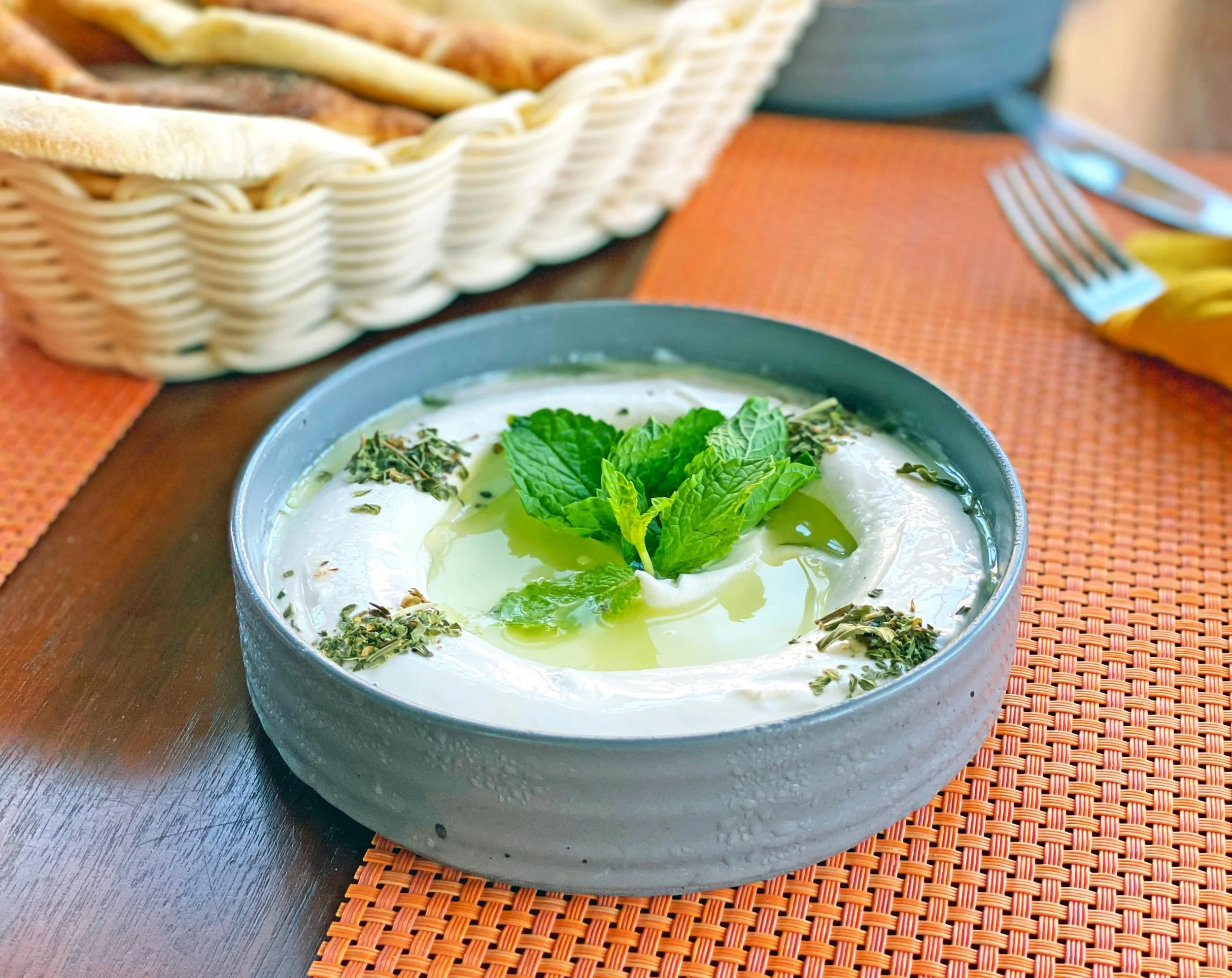







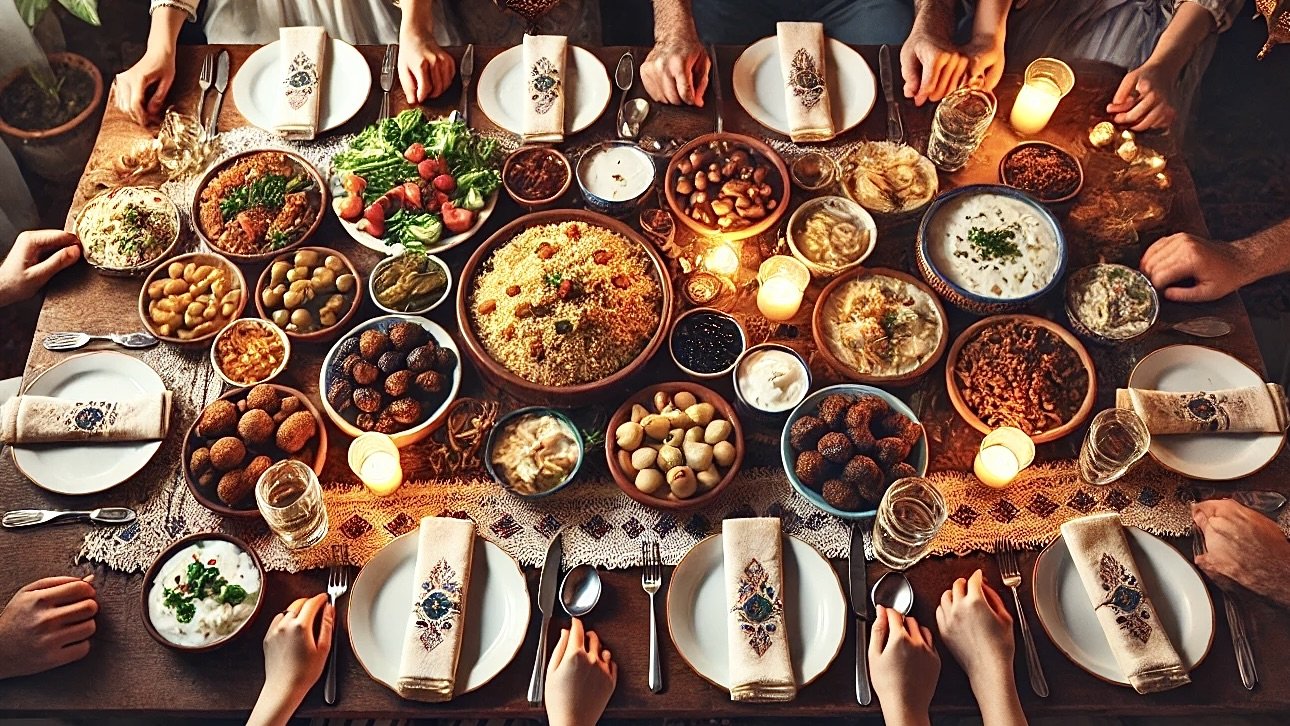

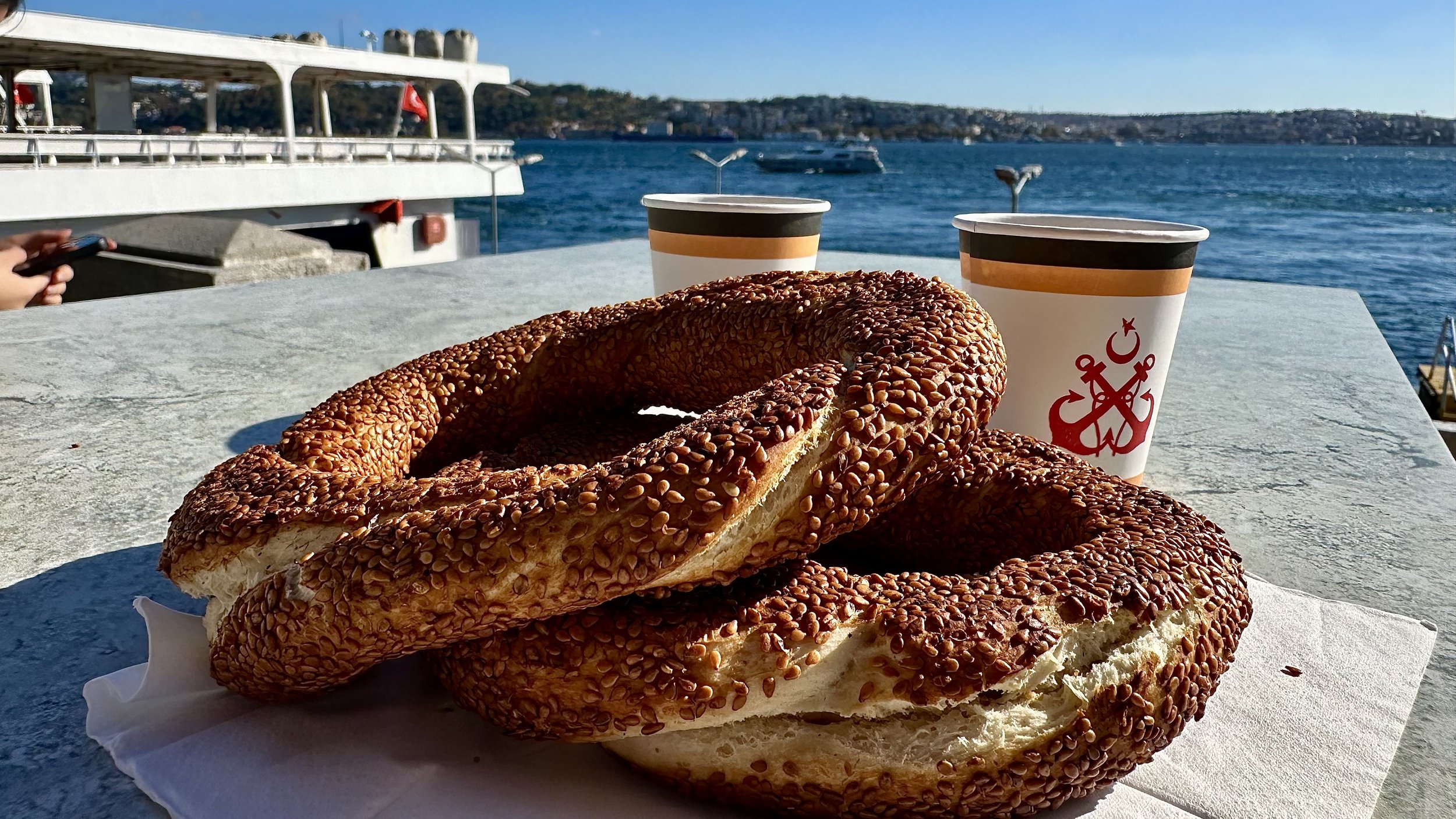



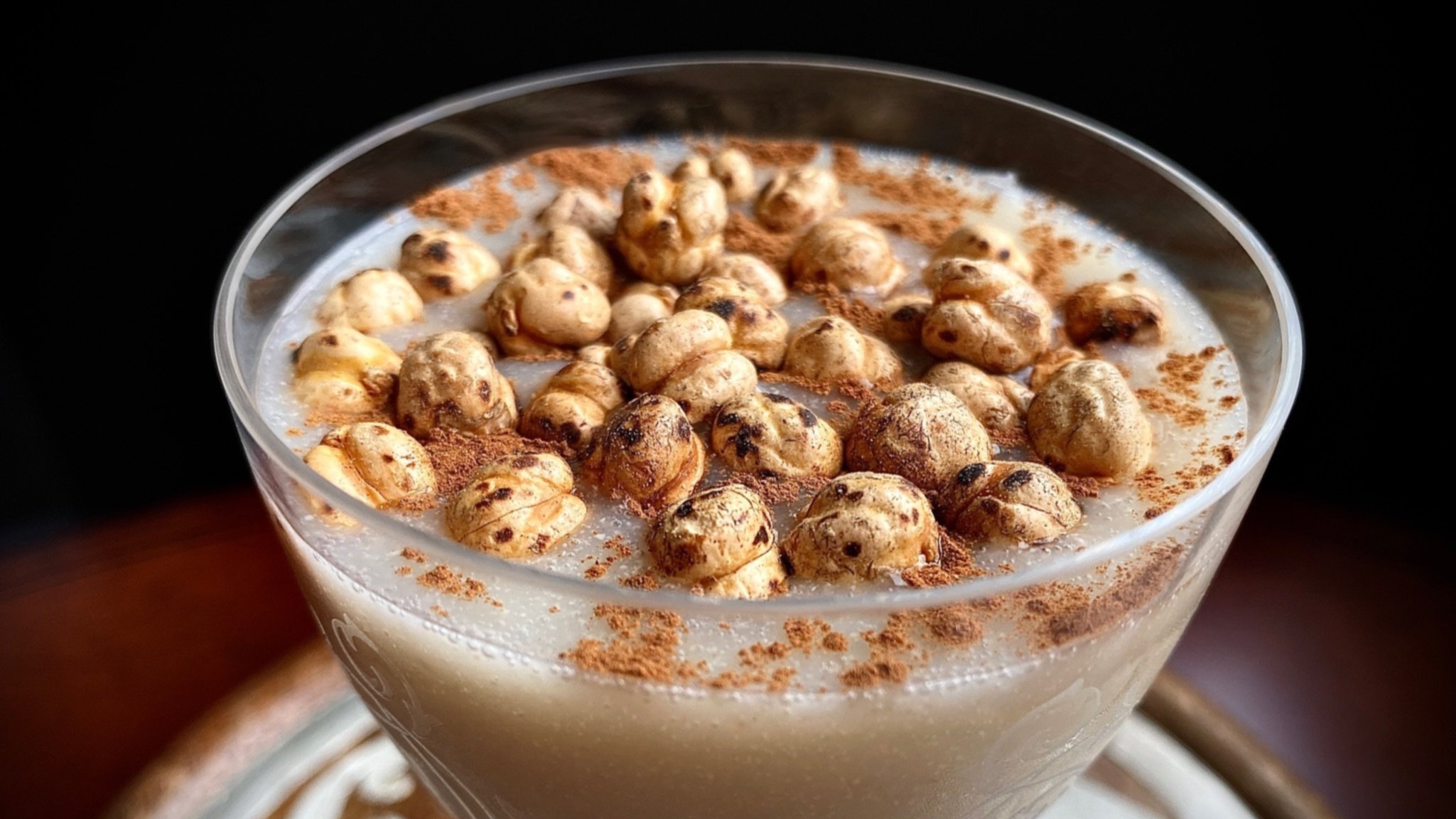




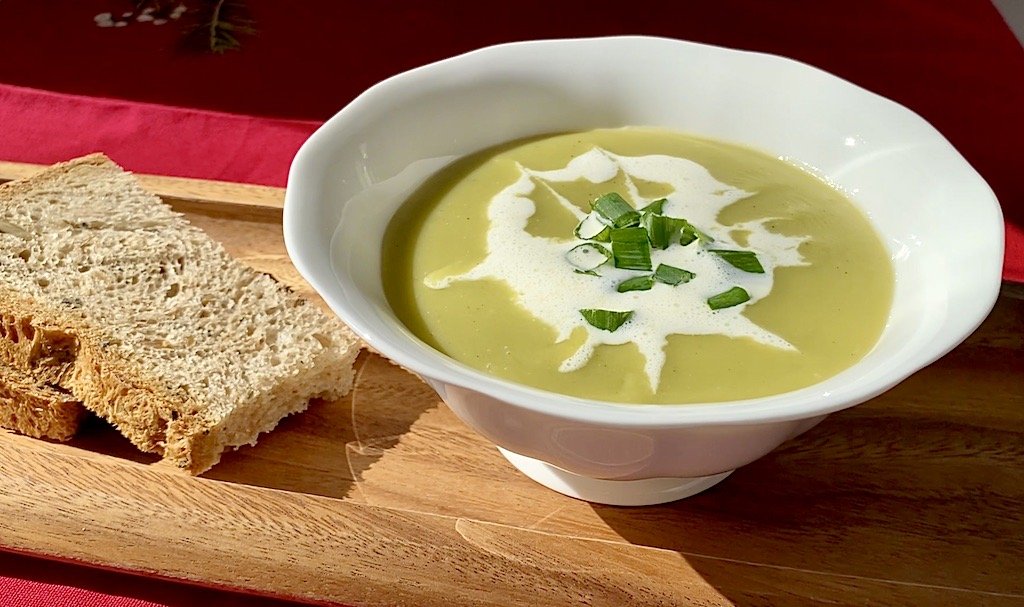
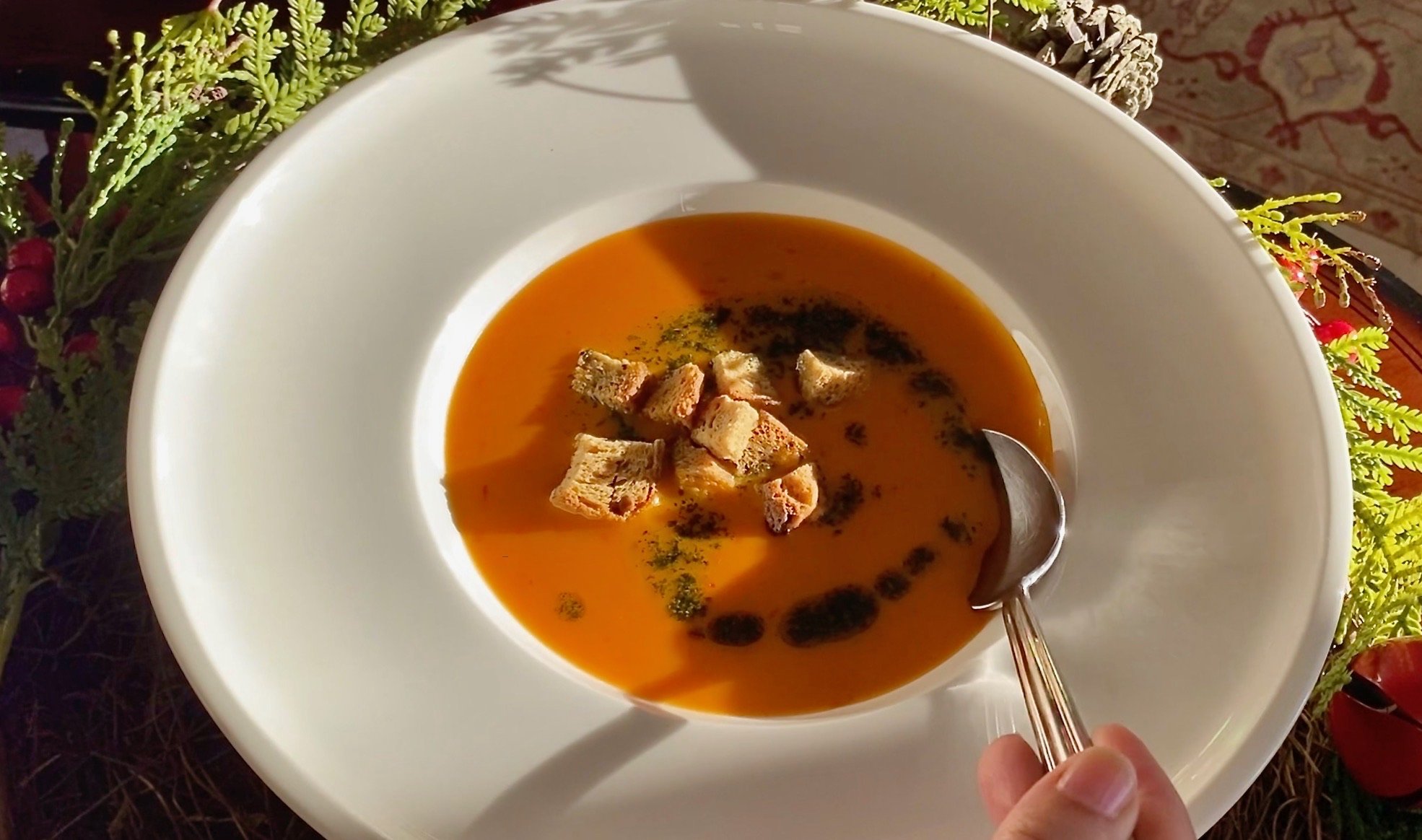
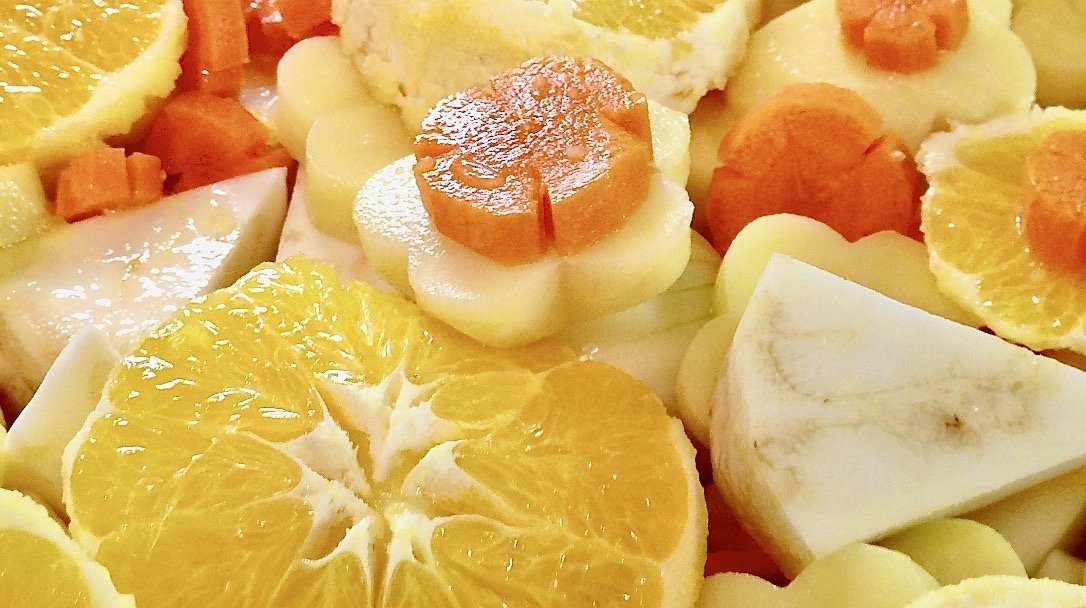
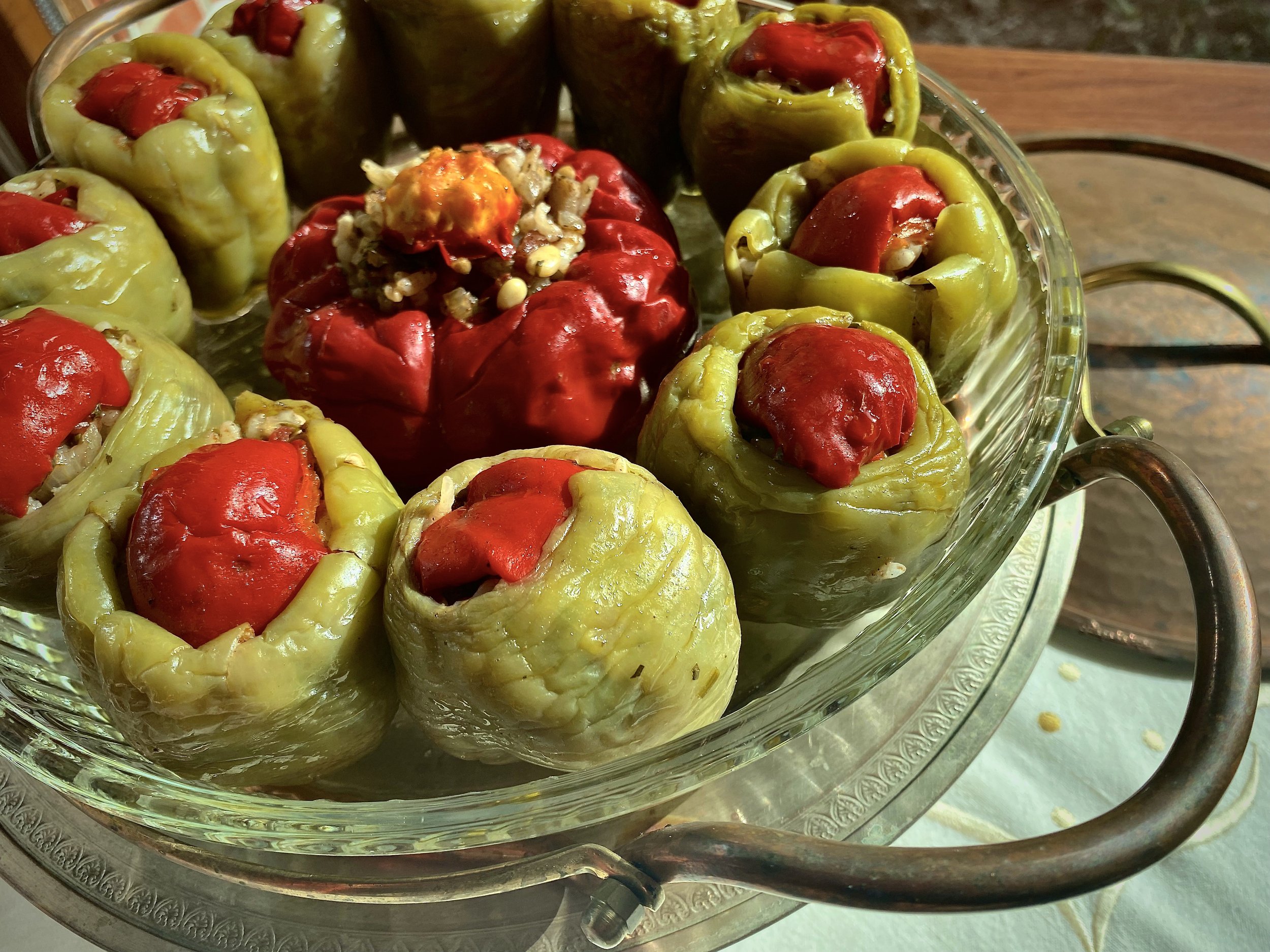

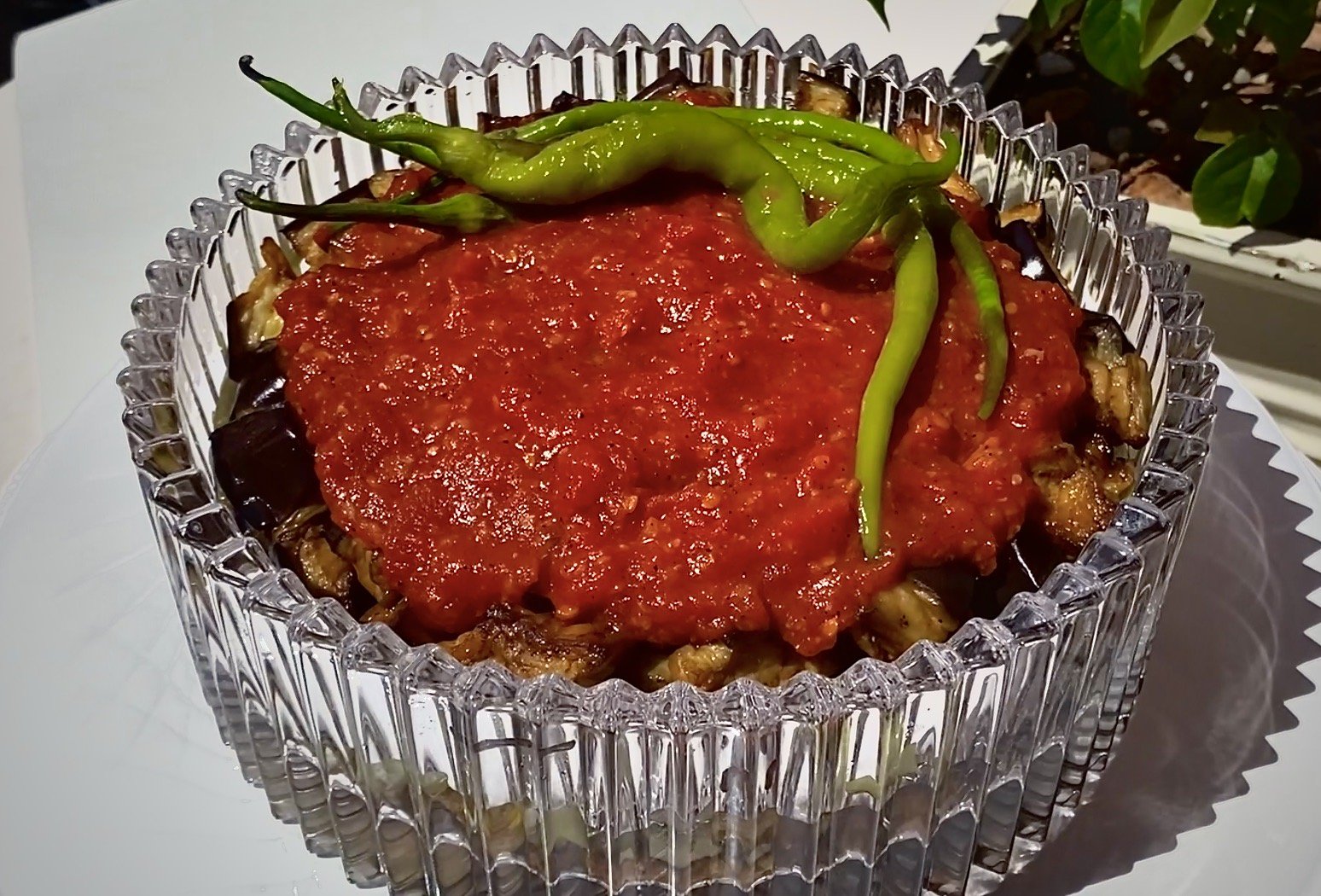
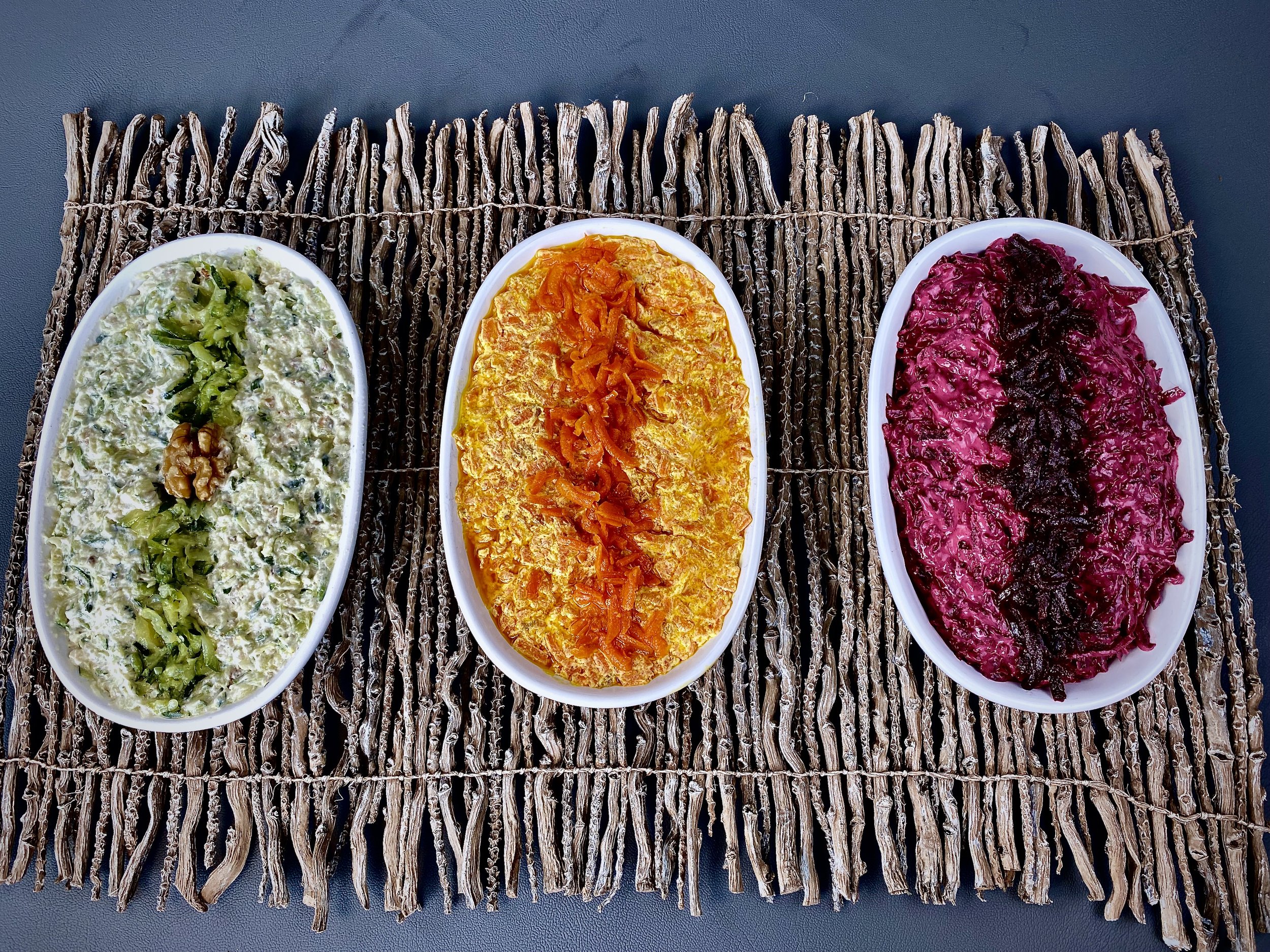
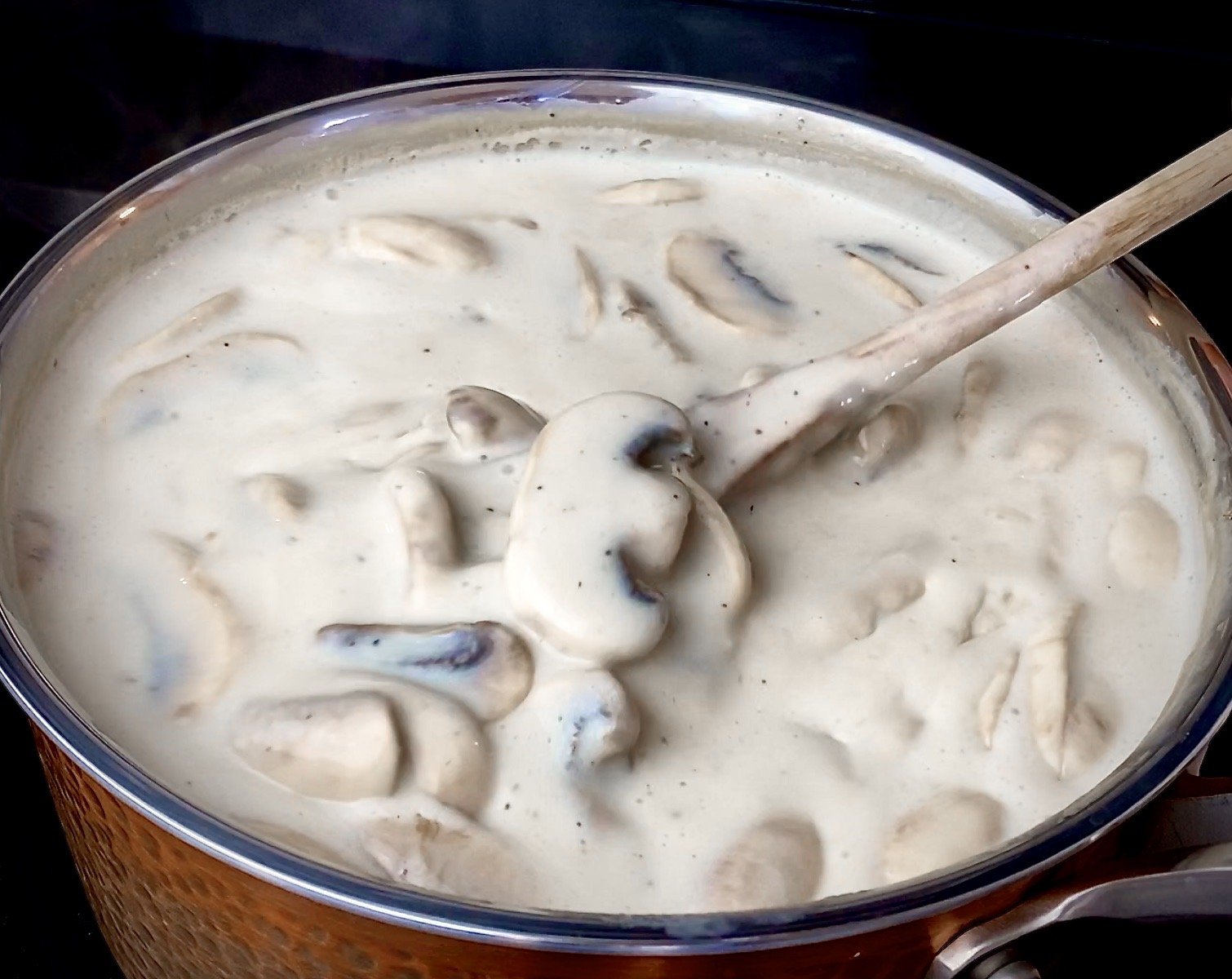
Preserving food wasn’t a hobby. It was survival, celebration, and creativity all at once.